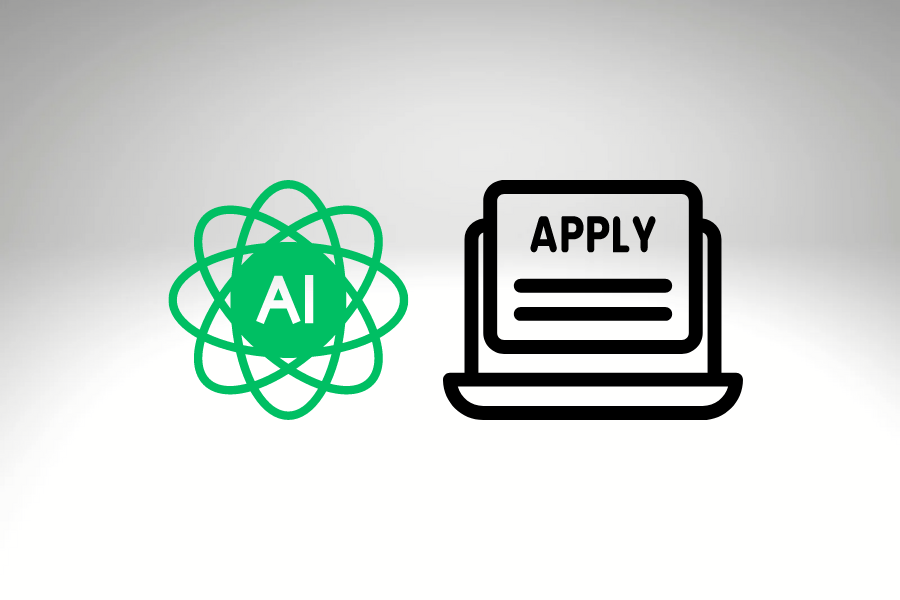While recruiters are familiar with job seekers’ tendency to exaggerate their abilities, AI has enabled them to do so with unprecedented ease. Over half of job seekers surveyed by Capterra admitted to using AI tools in their job search, and many have employed these tools to misrepresent their skills.

AI is creating new challenges for recruiters as job seekers use it to mask skill deficiencies
Job seekers using AI to mask skills deficiencies represent a formidable challenge in the quest for talent. However, companies aren’t without their defenses. Leveraging advanced recruiting software and reviewing hiring processes can minimize AI cheating, flag deceptive AI content, and help eliminate fraudulent candidates.
Job seekers are more likely to receive a job offer when using AI during the application process
AI’s role in job searching is complex, and not all uses are harmful to the candidate evaluation process. The most common AI applications include writing or refining resumes, finding relevant job openings, and crafting cover letters. Job seekers using AI have completed 41% more job applications on average during their current search than those who don’t use it. They are also 53% more likely to receive a job offer.
But some AI uses cross the line into deception. For instance, 29% of job seekers have used AI to complete a test assignment or skills assessment, potentially hiding a lack of relevant skills. Additionally, 28% have used AI to generate answers to interview questions, while 26% have used AI to mass apply to jobs, overwhelming recruiting pipelines.
“What makes this issue so complex is that not all AI uses are necessarily bad,” says Brian Westfall, principal HR analyst at Capterra. “If a job seeker is using AI to refine their resume or cover letter, most employers won’t bat an eye. It’s when they’re using AI to mask a skills deficiency that recruiters need to be on guard.”
With 82% of respondents saying it’s likely that other people applying for similar jobs are using AI to embellish or exaggerate their job applications, job seekers may feel the need to adopt AI simply to keep up with other candidates and thus perpetuate this cycle.
Companies seeking to reduce AI deception and identify AI cheaters need clear guidelines
Employers can reduce AI deception and identify AI cheaters by clearly communicating which uses are acceptable from the start, leveraging tools to detect fraudulent content, and shifting to video or in-person interviews to avoid AI-generated responses. Placing a greater emphasis on candidate references and ensuring that the hiring manager has sufficient time for thorough screening, is also crucial.
As more job seekers realize the benefits of AI to their job search, employers will need to move quickly to draw their line in the sand on what constitutes AI fair play. Those that then combine the right AI detection tools with critical recruiting processes and culture changes will have a clear advantage in identifying and hiring truly talented candidates.